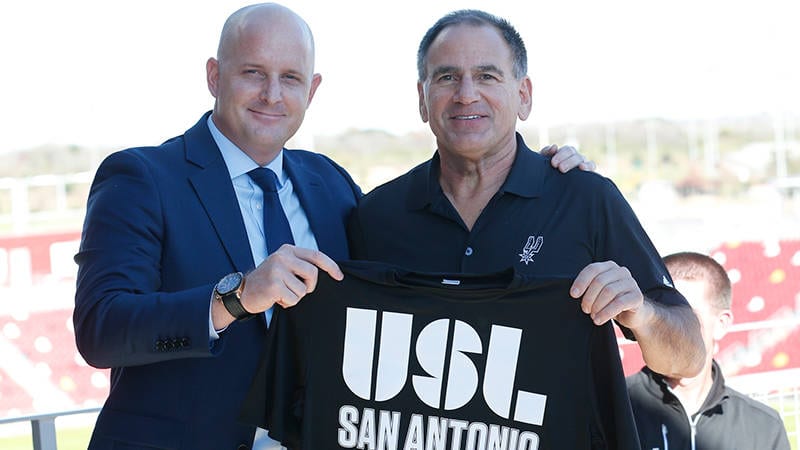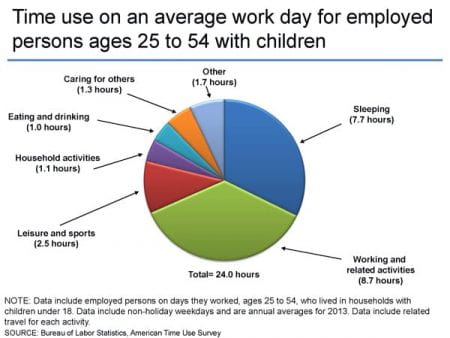by Brad Sherrill – September 2017 What can we learn from the Spurs organization? The Spurs were the first organization contacted before the S3 program launched in 2004. We often say that the Spurs organization is “Baylor South,” because so many of the 250+ S3 graduates started careers in San Antonio. Nine members of Spurs Sports…Continue Reading Spurs Share Values & Insights with Baylor Sports Sponsorship & Sales (S3)
Spurs Share Values & Insights with Baylor Sports Sponsorship & Sales (S3)





